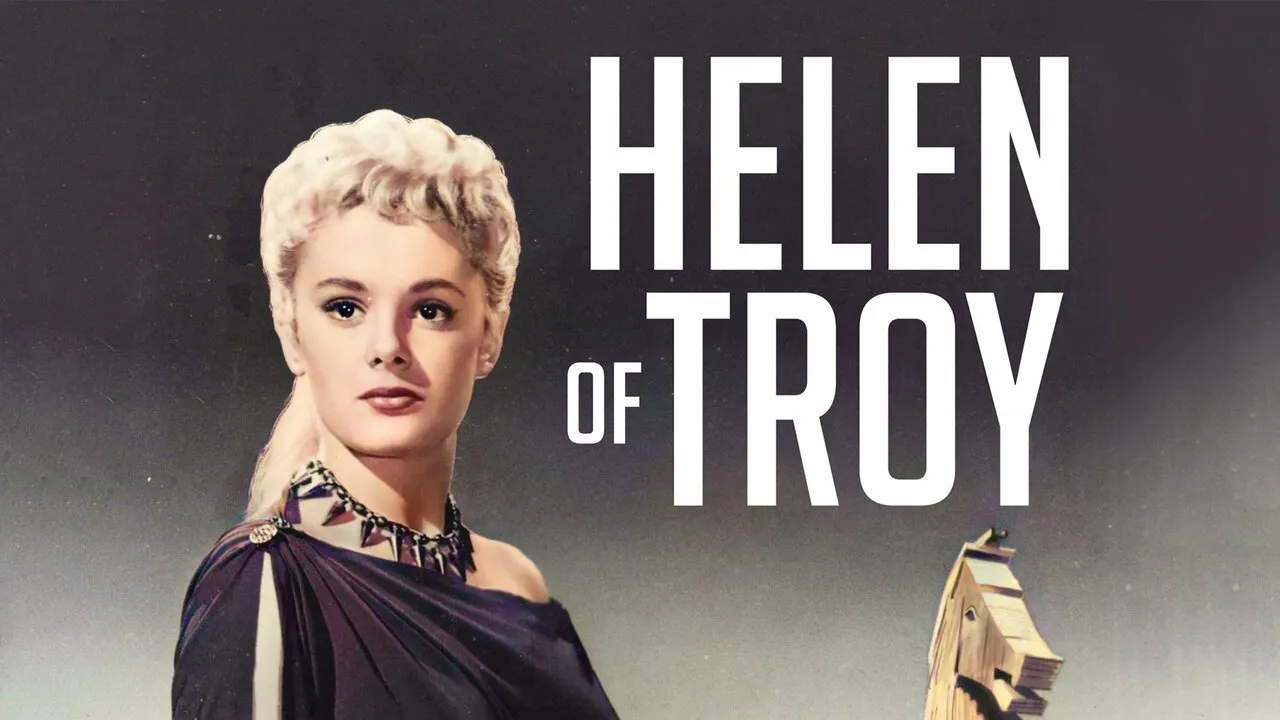When justice fails, one man takes the law into his own deadly hands.
Dirty Harry (1971) is a gritty, uncompromising crime thriller that redefined the cop genre and introduced one of the most iconic antiheroes in cinematic history. Directed by Don Siegel and starring Clint Eastwood in his legendary role as Inspector Harry Callahan, the film embodies the rage and fear of a society facing urban chaos—and the brutal justice of a man who plays by his own rules.
Set in San Francisco during a wave of escalating violence, the story follows Callahan as he’s assigned to stop a psychotic serial killer who calls himself “Scorpio.” The killer taunts the police with threats and riddles, demanding ransom or more lives will be taken. As the city grows increasingly terrified, Callahan hunts him through rooftops, dark alleys, and bureaucracy that threatens to let the killer walk free.

Callahan is no ordinary detective. He’s gruff, relentless, and willing to do whatever it takes—even bend the law—to protect innocent lives. His signature .44 Magnum revolver and the now-famous line, “You’ve got to ask yourself one question: ‘Do I feel lucky?’ Well, do ya, punk?” have etched themselves into pop culture history. But beneath the bravado is a deeper commentary on the limits of justice, the flaws of the system, and the moral ambiguity of enforcing the law in a broken world.

Dirty Harry sparked both praise and controversy for its violent realism and vigilante themes. It’s a film that doesn’t flinch, challenging audiences to question where justice ends and vengeance begins. With stylish direction, a haunting score, and Eastwood’s ice-cold performance, it helped shape the modern action hero—and left a bullet hole in the soul of '70s cinema.



